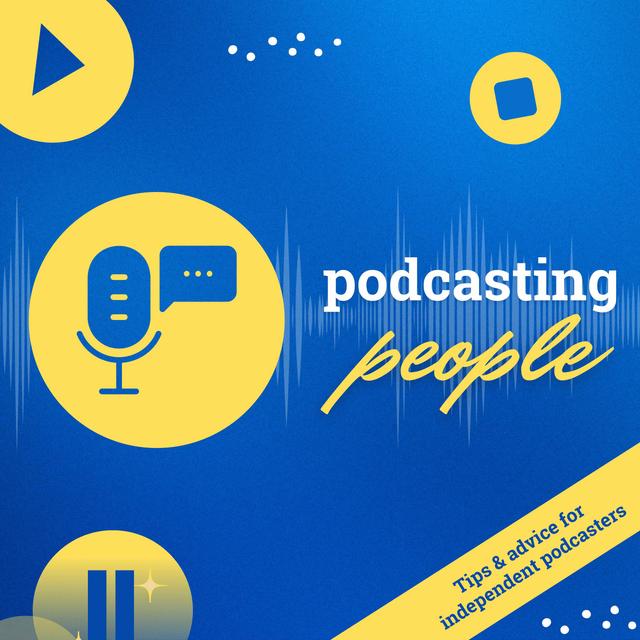Hi, my name is Steve Austins, and I'm co founder and creative director of Bengo Media. And today, I'm going to give you a tip on how to change the way you end your podcast. So I'm a director of Bengo Media, an audio production company based in Cardiff, in Wales. We make radio programs, we make audiobooks, and of course podcasts. And we tend to make podcasts for brands, so we've worked with ITV, the Open University, the World Health Organization, amongst others.
And we also offer training and consultancy to companies, large and small, to help them get their podcasts started. How did I get into podcasting? Well, I've spent nearly 32 years working in audio in one form or another, tracing back to the first time that I actually read a sports bulletin on my local commercial radio station at the age of 16. They were in the middle of a rota crisis, I should say. I grew up listening to radio and I was just obsessed by it. Passionate about it.
And by the time I left university in my early 20s and I joined the BBC, I'd already worked for three commercial radio stations as a news journalist and also as a presenter as well. I spent 19 years at BBC Wales and between 2009 and 2016 I ran BBC Radio Wales. Now back then, podcasts that were made by radio stations were mostly best of compilations that had gone out on the radio either that day or that week, so my podcast listening was pretty functional.
Then along came Serial in 2014, and for the first time I was gripped. Not only by how a single story could unfold by just using the power of audio, but also gripped by the potential of the medium too. Because even in those early days, it was obvious that the way that people were listening to podcasts was different, more intense than the way that people were listening to radio.
So when I left the BBC in 2017, it felt right that, with my wife Marina, we set up Wales first podcast production company. Branded podcasts were definitely not very common seven years ago, so we had to do an awful lot of educating people on what podcasts were and why people needed them. Nowadays, most companies that I speak to have already considered podcasting as part of their marketing mix, so it's really, really lovely to see this medium become much more commonplace.
The thing I love most about podcasting is the ability to lean into a niche. Now, I'm a big consumer of politics. I'm a big fan of football. So over the summer, I spent most walks to and from places, most times waiting endlessly for the little one to drop off to sleep, catching up on any podcast that would tell me about the UK general election or about Euro 2024.
I'm currently feeding my obsession about the U. S. election race through The Daily, AmeriCast, and The Rest Is Politics U. S. Now you can look at the top of those podcast charts and think that podcast is a mass entertainment game nowadays, and pretty much it is, but there really is something for everyone in podcasting. Plus it's still easy to enter the market as either an individual or a small company.
And if you truly understand who's going to be interested in that subject, know what else is out there for them, offer something that is different or unique, plus you have the time and the patience, because that's important too... then you really can build up from an audience of zero to a loyal following of people who will listen to multiple episodes and for long stretches of time.
And if you're a business, that sort of in depth and ongoing relationship with potential customers is unique and compelling. And compared to YouTube, there's still relatively few podcasts out there. So you really, really can become a big fish in a relatively small pond. So my big tip is to really consider what to put at the end of your podcast. And I want you to think back to the last time you went to the cinema. When did you get up and leave?
Now, if you're saying to yourself 'at the end of the film, Steve, obviously', I want you to think a little bit harder. What bit of the end? Was it the end of the final scene? Or did you stay until the credits had finished rolling? Now, most of us have our coats on and we're out of our seats by the time the names of the main actors have rolled up the screen. And podcasting is really no different.
The minute that you thank your guests or you fade up that lovely theme tune, most of your listeners are taking that as their cue to leave. So why keep your most important calls to actions for the very end? If you really, really want your listener to rate and review that episode, or visit your website for a juicy offer, you need to find a way of telling them earlier in the episode. Can you weave it into your questions? Can you make it part of that brilliant script that you're kind of creating?
Don't leave the important stuff to the end. Or else it won't get heard. You can find me at bengomedia.com and on LinkedIn, and you can see all of my links in the show notes. Thanks for listening to Podcasting People.
